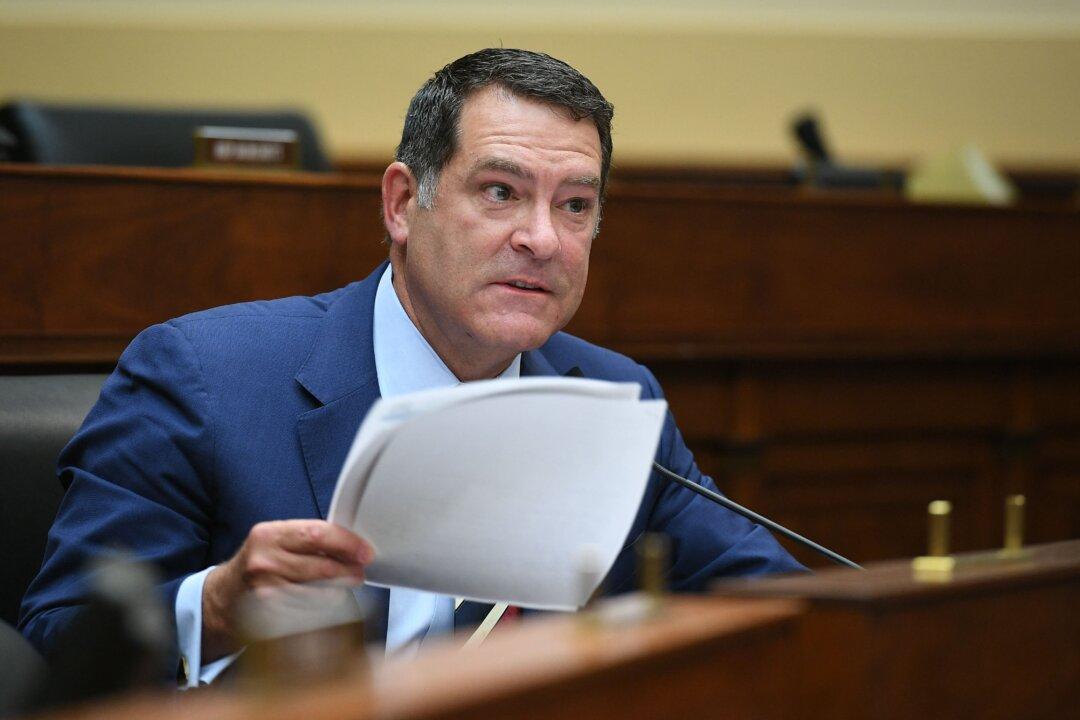Chinese-owned TikTok’s proposal for remaining in the United States is no more than artful deception and hasn’t addressed its link to the Chinese Communist Party (CCP), according to the chairman of the House Committee on Homeland Security.
“The token steps TikTok has taken are all smoke and mirrors, and the risks to Americans’ privacy and data security remain,” Rep. Mark Green (R-Tenn.) said in a statement to The Epoch Times.





